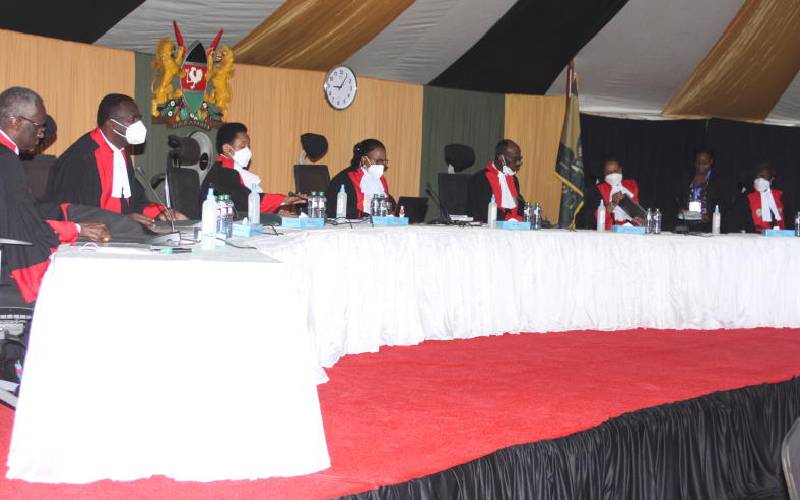×
The Standard e-Paper
Home To Bold Columnists

When Kenya’s Supreme Court said that the basic structure doctrine is not part of Kenya’s constitutional culture and therefore the 2010 Constitution will not be interpreted through that lens, it entered the list of countries that have subscribed to an idea that was mooted in Germany and conceived in India.
Kenya found herself in the list of history of countries knotted with eternity structure doctrine; amendable and non-amendable clauses clamour.